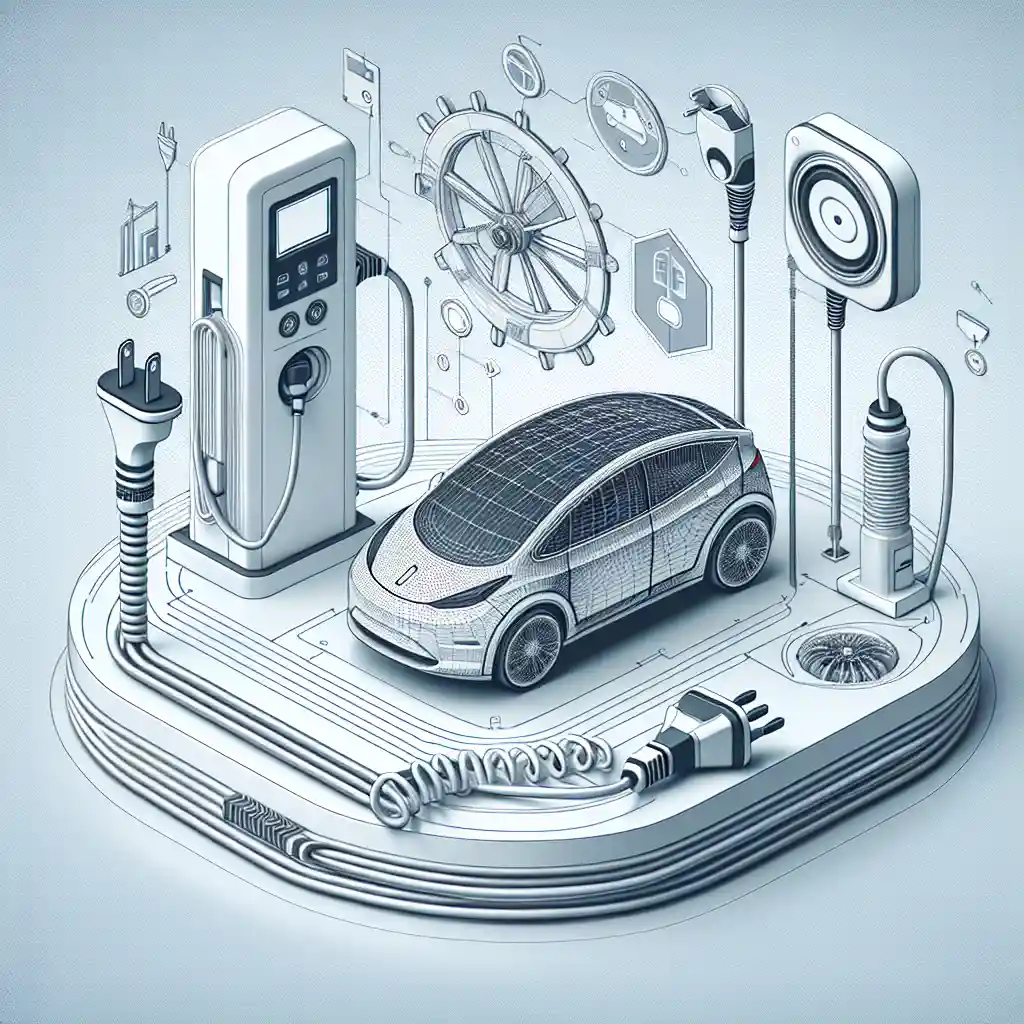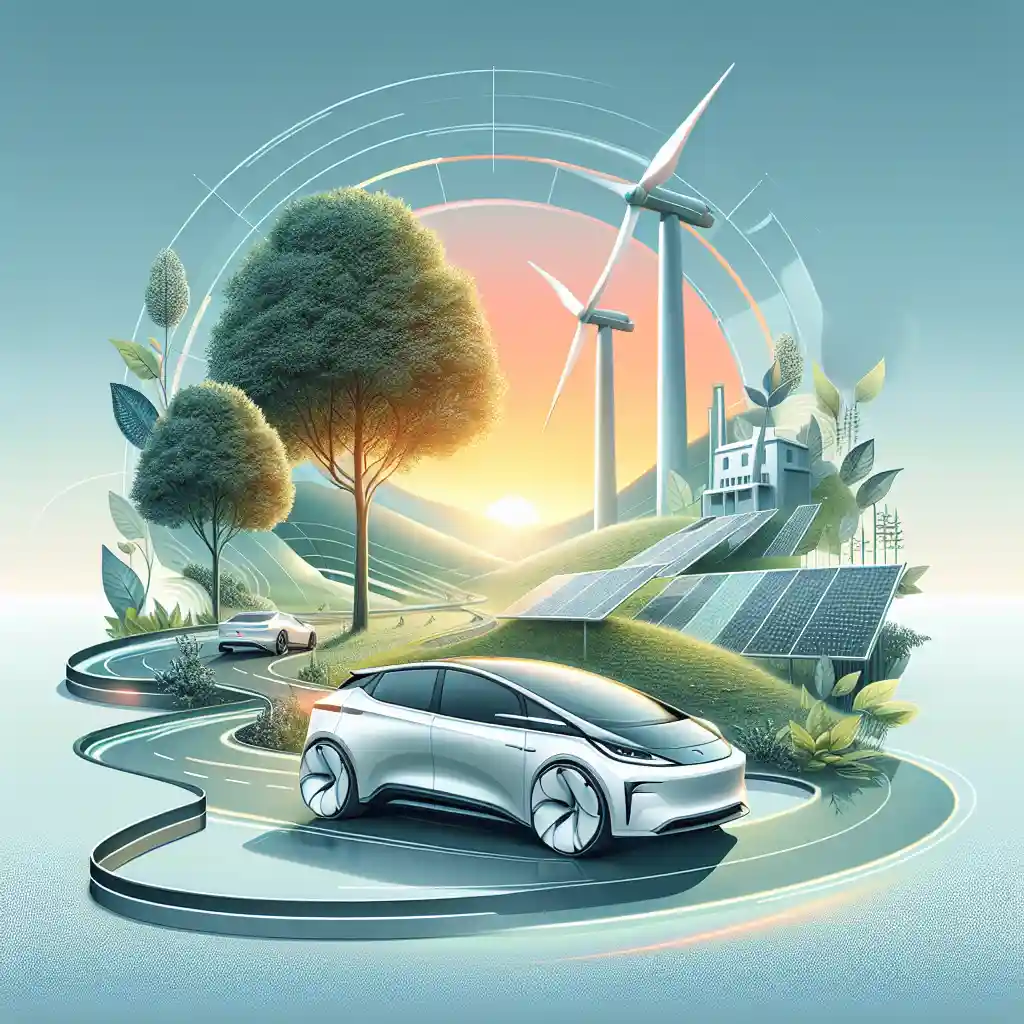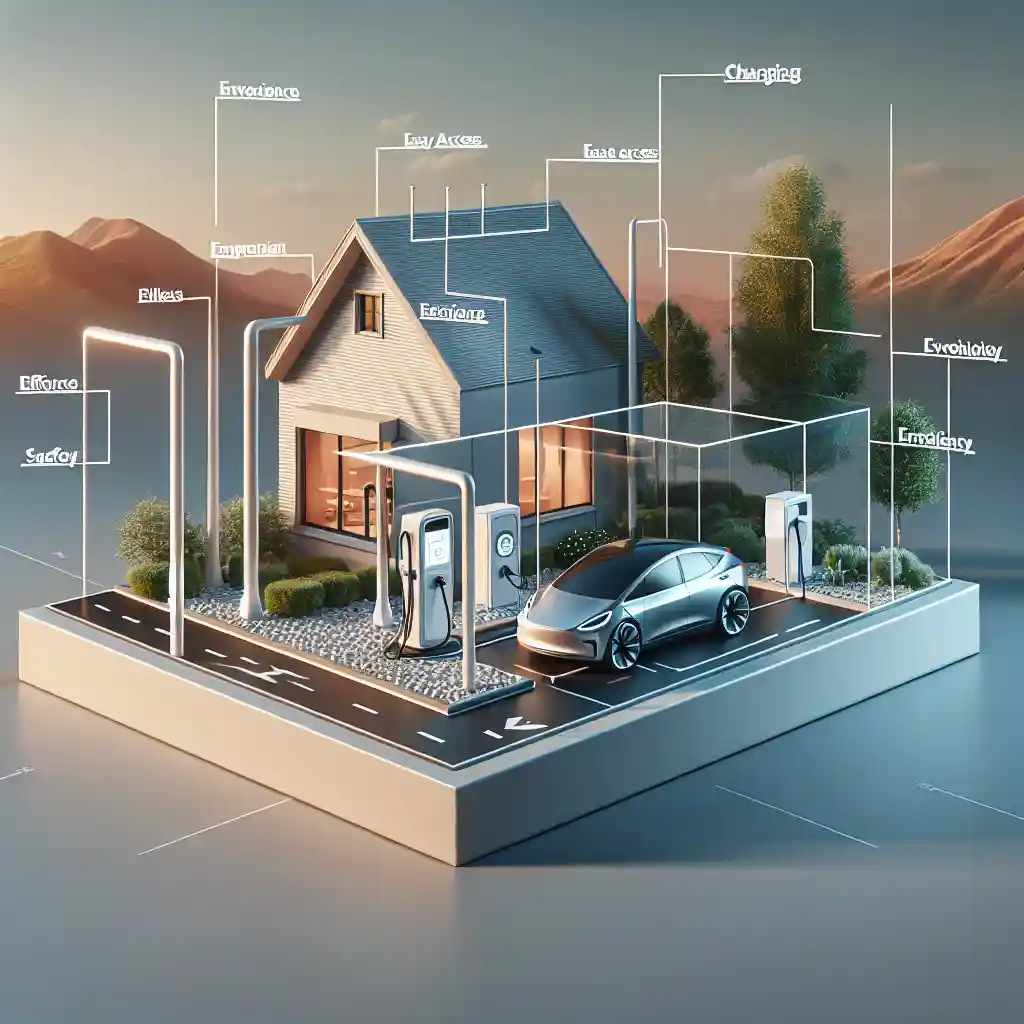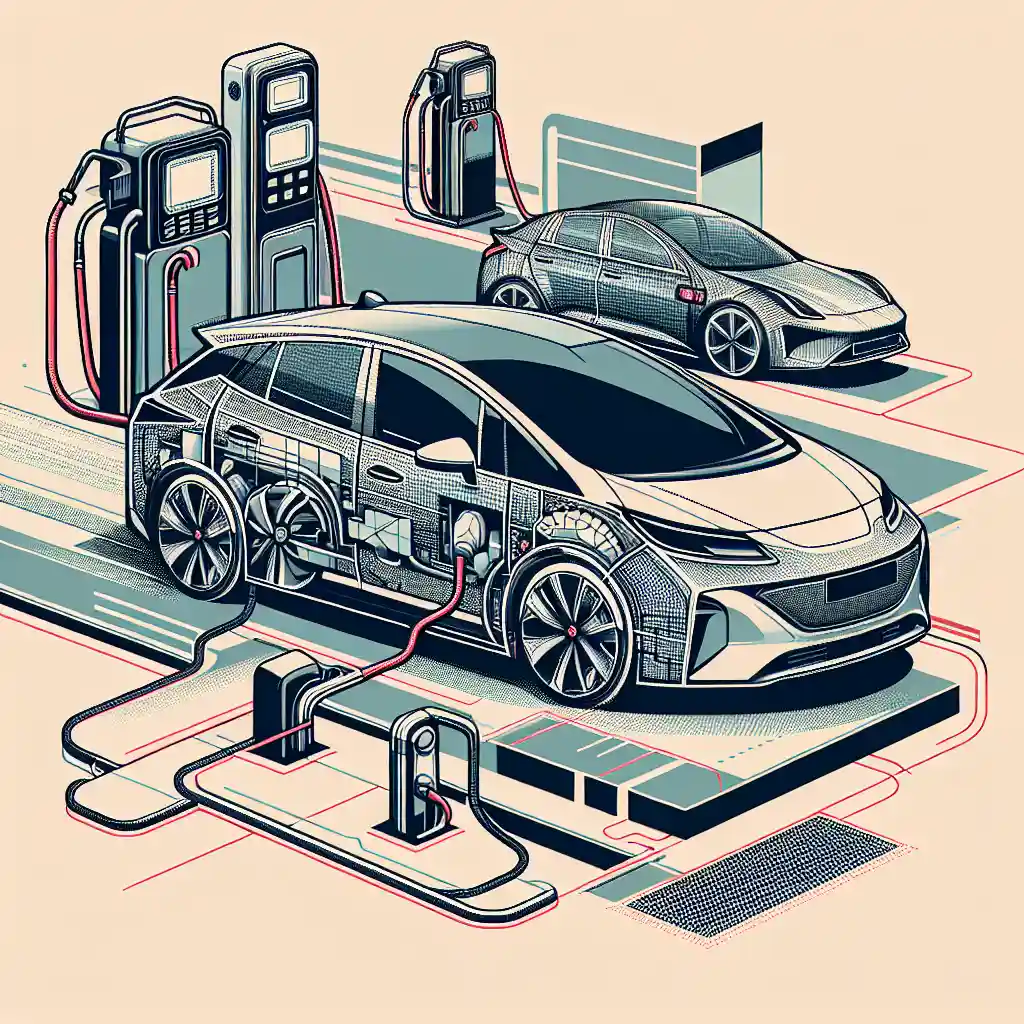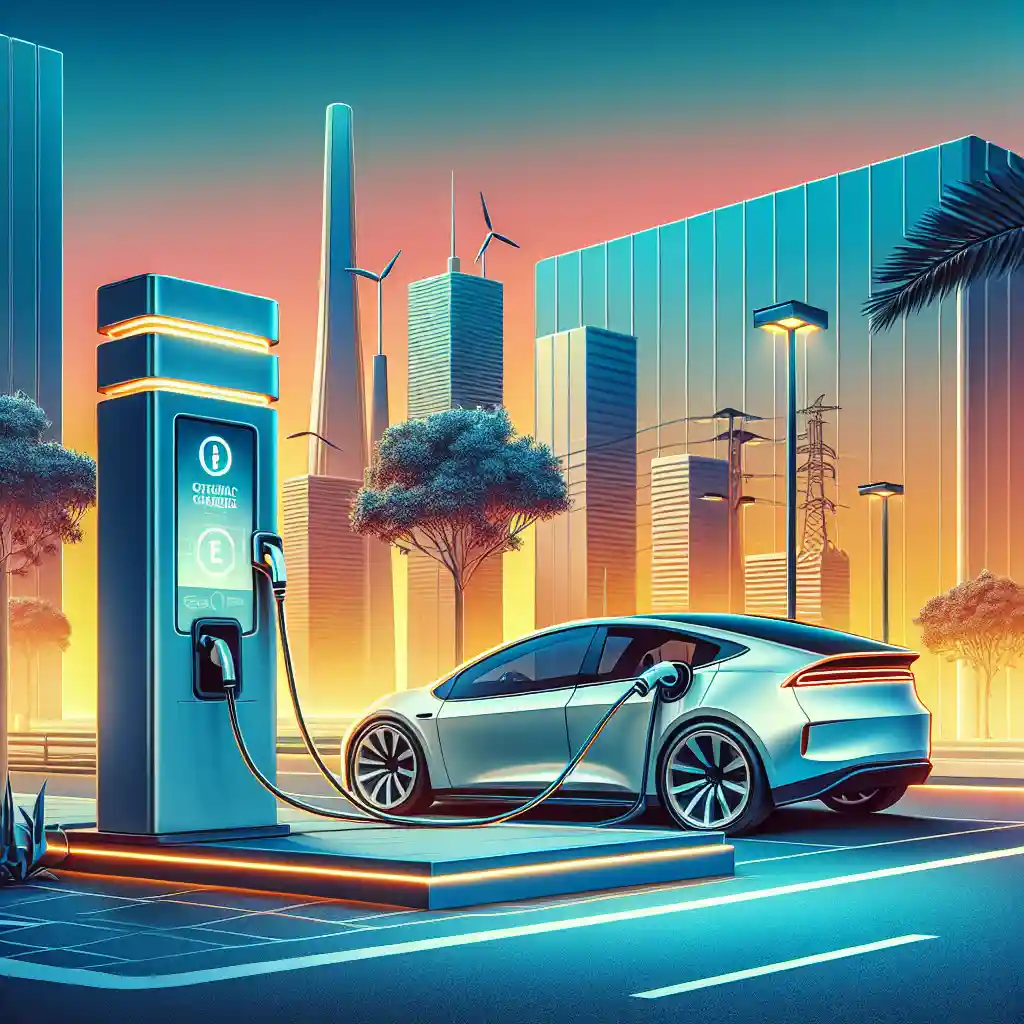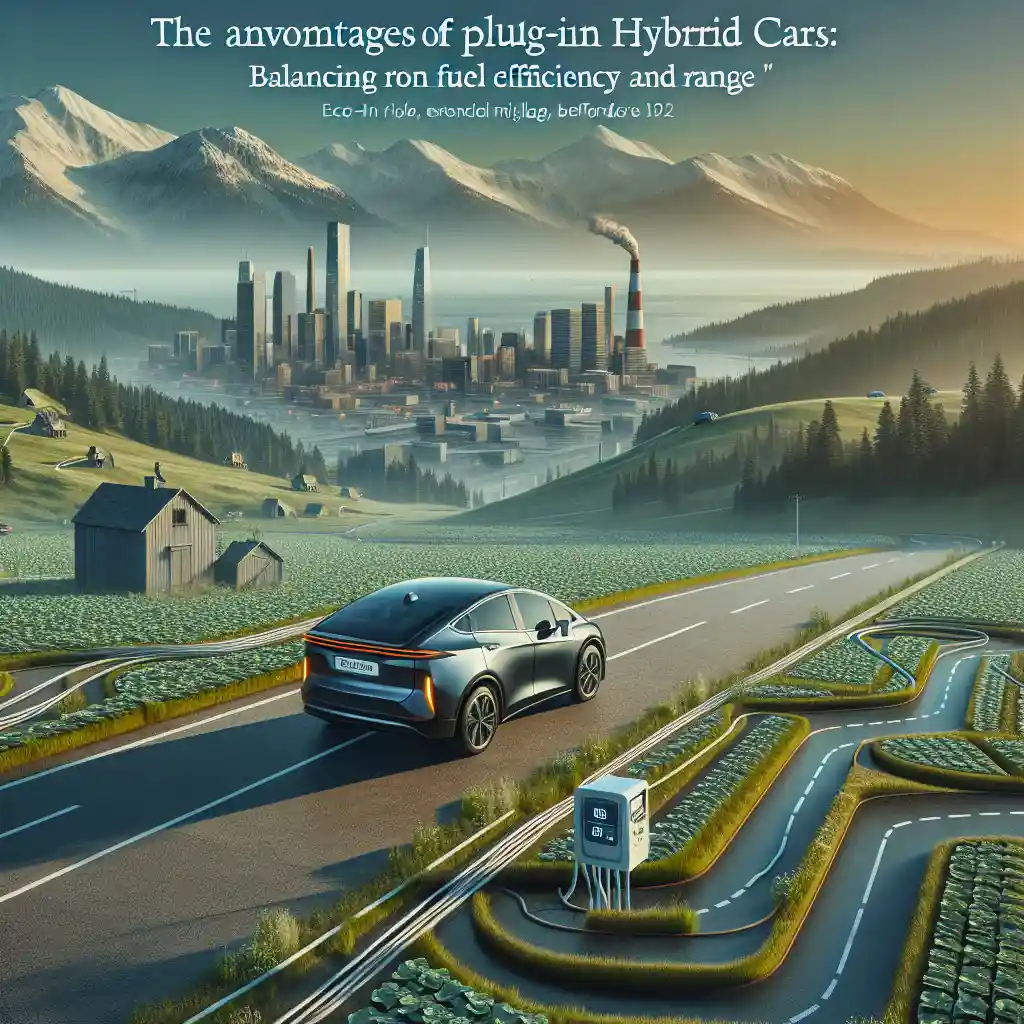The Cost-Efficiency of Owning an Electric Car: Financial Benefits Unveiled
In today's ever-evolving automotive landscape, owning an electric car has become a viable and financially beneficial option for many. From tax incentives to operational cost savings, the financial benefits of owning an electric vehicle are vast and often overlooked. Let's delve into the various aspects that make electric car ownership a cost-efficient choice.
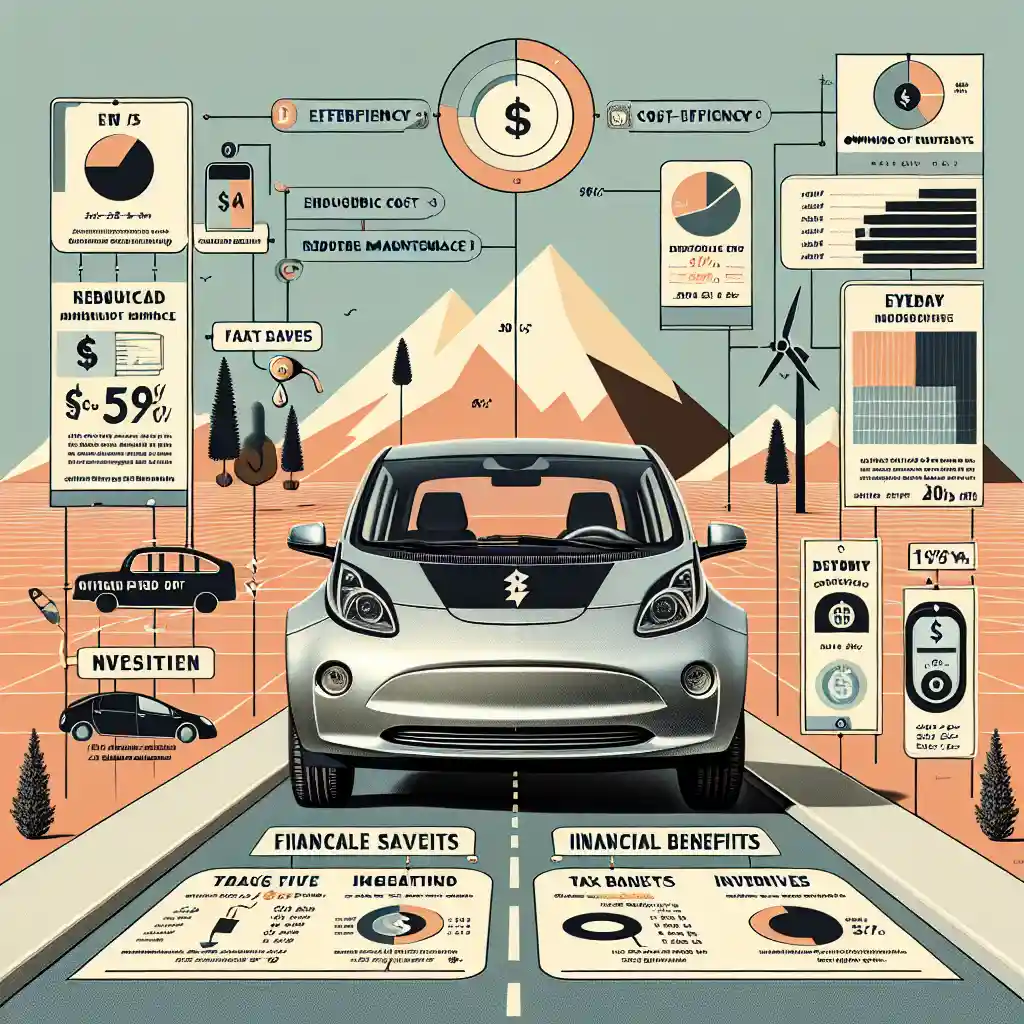
Tax Incentives for Electric Car Owners
One of the key financial advantages of owning an electric car is the availability of tax incentives. Many governments around the world offer tax credits and incentives to promote the adoption of electric vehicles. These incentives can significantly reduce the upfront cost of purchasing an electric car, making it a more affordable option for consumers. Additionally, electric car owners may also benefit from lower registration fees and reduced insurance rates in some regions.
Operational Cost Savings Over Time
When compared to traditional gasoline-powered vehicles, electric cars have lower operational costs over time. Electric vehicles are generally more energy-efficient and have lower fuel costs, resulting in savings for the owner. Furthermore, electric cars require less frequent maintenance due to fewer moving parts, translating into long-term cost savings. The savings on fuel and maintenance expenses can add up significantly over the lifespan of an electric car.
Maintenance Savings with Electric Vehicles
Maintenance costs for electric cars are typically lower than those for gasoline-powered vehicles. Electric cars have fewer components that require regular maintenance, such as oil changes and spark plug replacements. With fewer moving parts, the wear and tear on electric vehicles are reduced, leading to lower maintenance costs for the owner. Additionally, some electric car manufacturers offer extended warranties on electric vehicle components, further decreasing potential repair costs.
Environmental Benefits and Cost-Efficiency
In addition to the direct financial benefits, owning an electric car also contributes to environmental sustainability. Electric vehicles produce zero tailpipe emissions, reducing greenhouse gas emissions and air pollution. By choosing an electric car, owners not only save money on fuel and maintenance but also contribute to a cleaner and healthier environment. The long-term cost savings of owning an electric car extend beyond the financial aspect to include environmental and social benefits.
Leveraging Incentives for a Cost-Efficient Future
As more consumers recognize the financial benefits of owning an electric car, the shift towards electric vehicle adoption is expected to accelerate. By leveraging tax incentives, operational cost savings, and maintenance benefits, electric car owners can enjoy a cost-efficient and environmentally friendly mode of transportation. Investing in an electric car not only makes financial sense but also paves the way for a sustainable future with reduced carbon emissions and overall cost savings.
Conclusion
In conclusion, the cost-efficiency of owning an electric car goes beyond the initial purchase price. With tax incentives, operational cost savings, lower maintenance expenses, and environmental benefits, electric car ownership offers a compelling financial case for consumers. By considering the long-term savings and incentives associated with electric vehicles, individuals can make informed decisions that not only benefit their wallets but also contribute to a more sustainable future.




